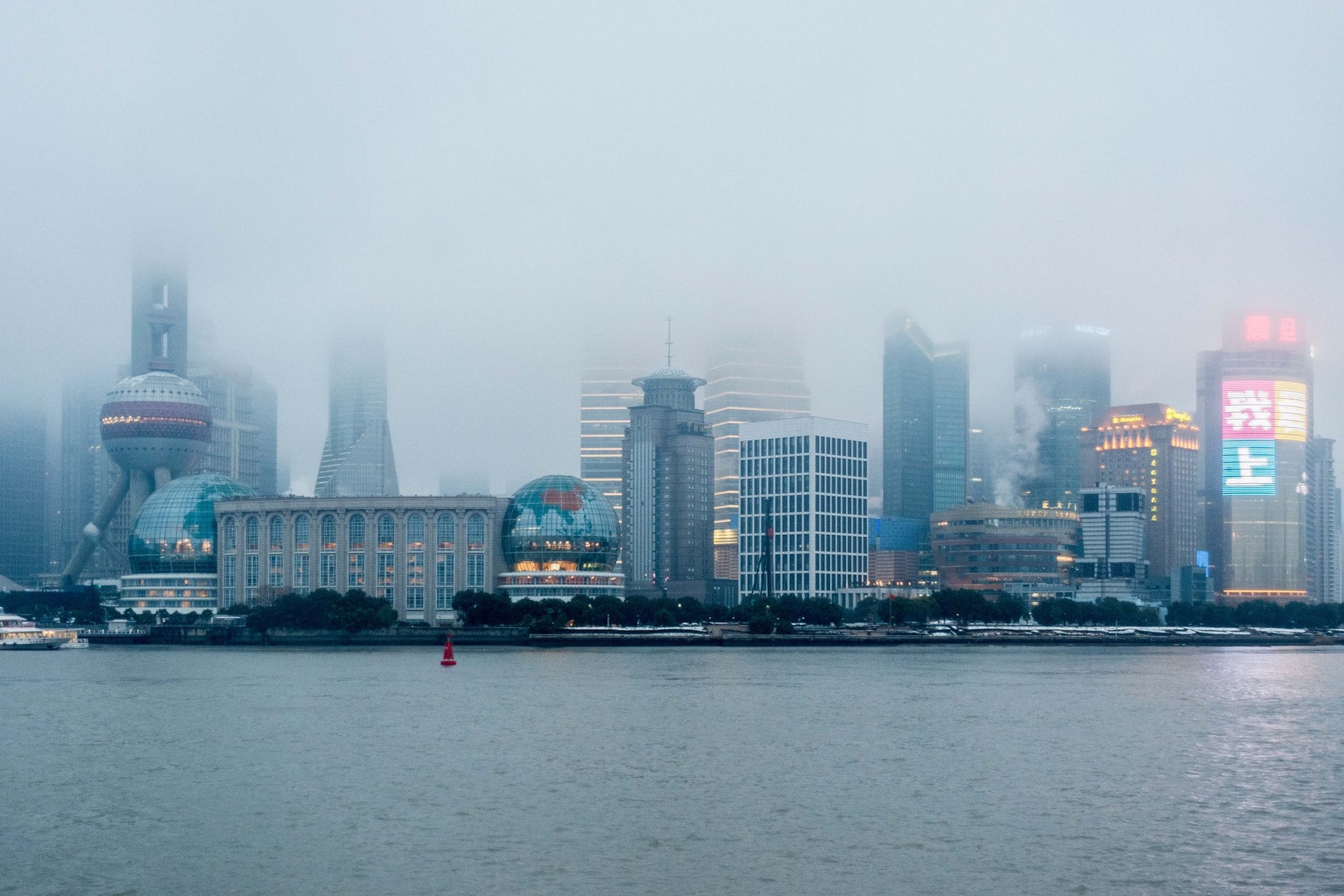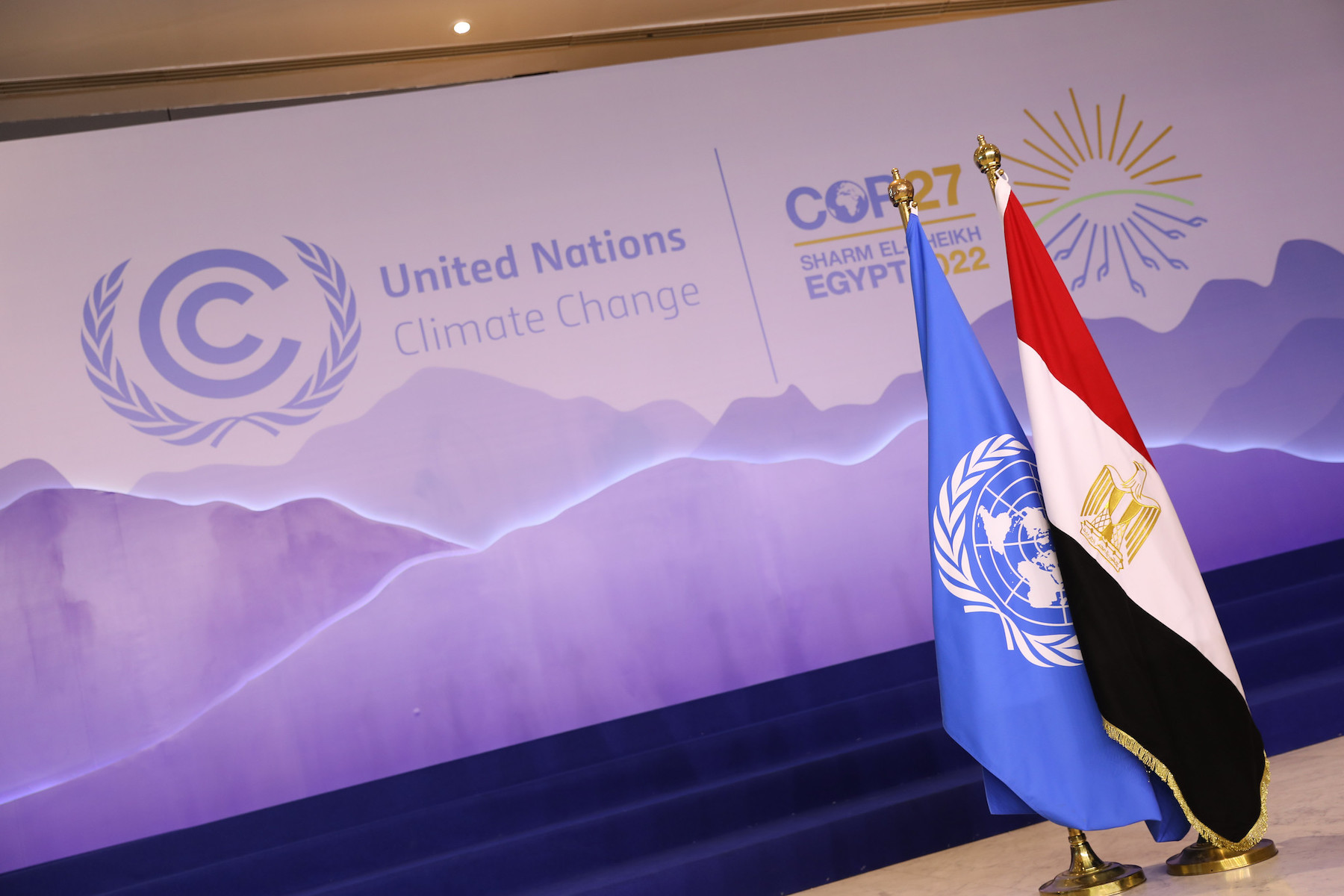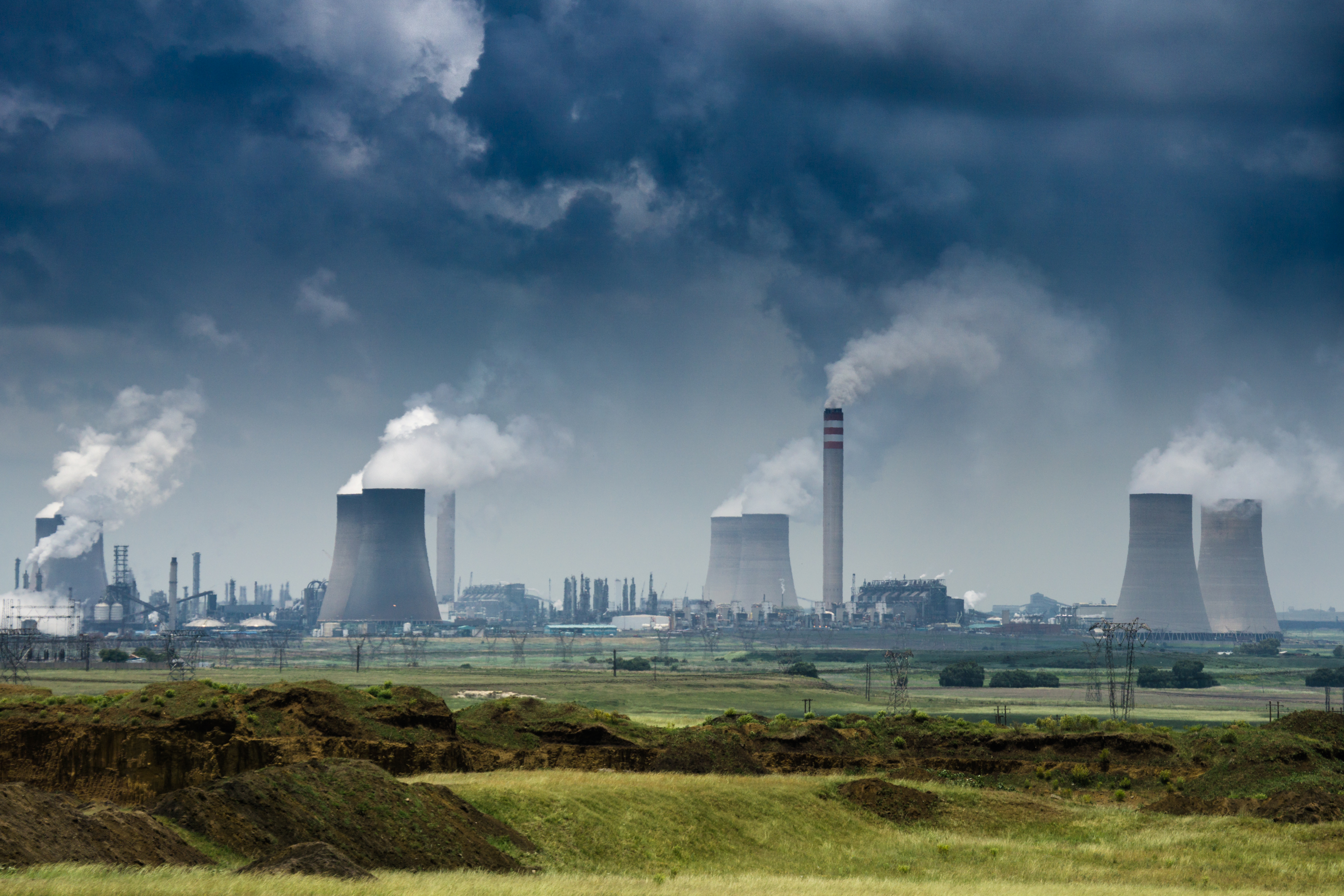Companies are preparing to shift their way of doing business towards sustainability. Consultancies provide guidance, scientific research offers insights, and the financial sector backs their decisions. “The business environment has changed […] and CEOs of the companies know that they have to transform to remain competitive”, says Ione Anderson in her conversation with Solitaire Townsend during the CMCC webinar “Solutions shift the narrative of the private sector”, describing the evolution of the business landscape amidst the influence of climate change and the corporate world’s rtole in this transition.
“Adapting to necessary change isn’t just possible, it’s what drives innovation,” writes Townsend in her book “The Solutionists: How Businesses Can Fix the Future”. Through a compelling selection of stories from leading entrepreneurs and organisations, Townsend underscores how sustainability solutionists are paving the way to solving the biggest crisis our planet has ever faced, while driving innovation and growth for businesses.
But who are solutionists? Solutionists are “solvers of problems,” explains Townsend. “So many of the problems we face today are caused by people trying to solve problems from the past. So, as solutionists, we want to learn about what worked. We also want to learn about what hasn’t worked and see if we can bring our part of the answers.”
In a survey by Townsend, participants were asked if they came across more information related to the difficulties caused by climate change or to potential solutions for addressing them. Nearly 70% of respondents overwhelmingly reported hearing predominantly about the problems rather than the solutions. During the webinar, Townsend emphasised the urgent need to shift the narrative towards focusing on solutions in order to effectively address the issue of climate change. She underlined that “climate change is now communicating itself, it has taken over the job with the incredible heatwaves and the terrible floods that we’re experiencing around the world, […] we have to tell a different story, the solutions story.”
This is where solution-oriented thinking and innovative approaches become crucial. “Too often in sustainability we think it’s denial or sacrifice, either pretend there’s not a problem or sacrifice everything you care about,” she says, emphasising the importance of innovation in breaking free from this binary mindset and finding viable solutions.
There are numerous misconceptions surrounding sustainable solutions. As Anderson points out, “the biggest misconception is that sustainability is costly. […] Companies shy away from trying to do the right thing because they think it’s going to cost too much.”
However, alongside this perception, there are additional risks that companies may encounter in their pursuit of sustainability: one notable example is greenwashing. Townsend addresses this controversial issue stating, “good intentions are no protection against making a mistake so get the expertise in, don’t believe your good intentions are going to protect you, and secondly stop trying to claim to be wonderful, stop trying to make it all about you and make it all about your consumer.”
“Every time you buy something you’re voting for the world you want,” says Townsend, emphasising the consumer’s pivotal role in driving sustainable practices within business. This also urges companies to prioritise consumer interests over self-promotion and recognizing consumer power to shape the future through their purchasing decisions.
Watch the full webinar:
“Solutions shift the narrative of the private sector” is part of the webinar series Foresight Dialogues, in which writers, artists, journalists, scientists, innovators and entrepreneurs discuss the role of communication, in its various forms, in accelerating the climate transition. The Foresight Dialogues series is organised in the context of the CMCC Climate Change Communication Award “Rebecca Ballestra” initiative.
Solitaire Townsend is a renowned sustainability expert who works with some of the worlds’ most influential organisations. She is Co-founder & Chief Solutionist at Futerra, edie’s Consultancy of the Year 2023. In 2023 she was named “Agency Lead of the Year” at Adweek’s Sustainability Awards. Her popular TED talk, Forbes column and most recent book – The Solutionists: How Businesses Can Fix the Future – are available online.
Ione Anderson is Associate Partner for Sustainability at EY, crafting sustainable strategies that blend science with business innovation for companies. Drawing from over two decades of distinguished international diplomatic service across global and regional multilateral organisations, Ione’s career in sustainability, climate change, and biodiversity blends communication and science, including contributions to influential science-policy bodies like the IPCC and IPBES. She is passionate about promoting sustainable development practices worldwide and has produced and directed the award-winning documentary film “Amazon 4.0: The Reset Begins”.
More information:
We are brokers of sustainability: The science, policy and business nexus






